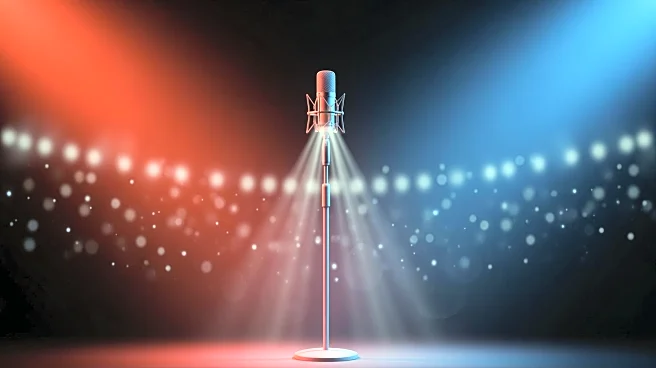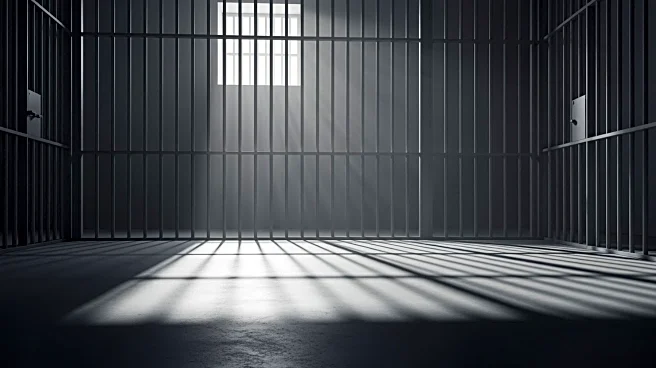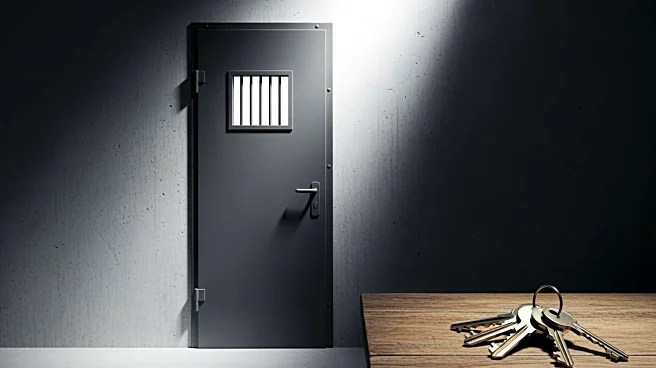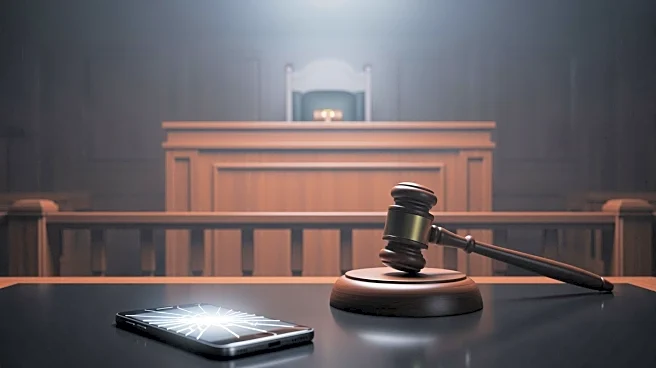Rapid Read • 8 min read
The Voting Rights Act, a landmark civil rights law signed by President Lyndon B. Johnson, is facing new threats as it marks its 60th anniversary. Historically, the Act has allowed private individuals and groups to file lawsuits to enforce protections against racial discrimination in voting. However, a legal argument is emerging that challenges this right, suggesting that only the Justice Department can bring such lawsuits. This argument is central to a case involving Native American tribes in North Dakota, which may soon be reviewed by the Supreme Court. The case questions the constitutionality of Section 2 of the Act, which has been pivotal in protecting minority voters.
AD
The potential loss of the private right to sue under the Voting Rights Act could significantly impact minority voters' ability to challenge discriminatory practices. Since its inception, private individuals and groups have been responsible for the majority of Section 2 lawsuits, which have been crucial in enforcing voting rights. If the Supreme Court rules against this right, it could lead to a situation where the enforcement of voting rights is subject to political whims, depending on the priorities of the Justice Department. This could result in a patchwork of voting rights across the country, with some states expanding access while others restrict it.
The Supreme Court's decision on the private right of action under the Voting Rights Act will be critical in shaping the future of voting rights in the U.S. If the Court rules against private lawsuits, it could lead to increased political and legal battles over voting rights, with potential legislative efforts to restore protections. The outcome will likely influence future elections and the political landscape, as states may continue to implement restrictive voting laws without fear of legal challenges. Advocacy groups and civil rights organizations are expected to intensify their efforts to protect voting rights.
The challenges to the Voting Rights Act highlight broader issues of racial equality and the role of the judiciary in civil rights policy. The potential weakening of the Act raises ethical concerns about the balance of power in protecting civil rights and the impact on marginalized communities. It underscores the ongoing struggle for racial equality and the importance of legal mechanisms in ensuring fair representation. Long-term, these developments could affect voter engagement and participation, influencing the overall health of U.S. democracy.
AD
More Stories You Might Enjoy











